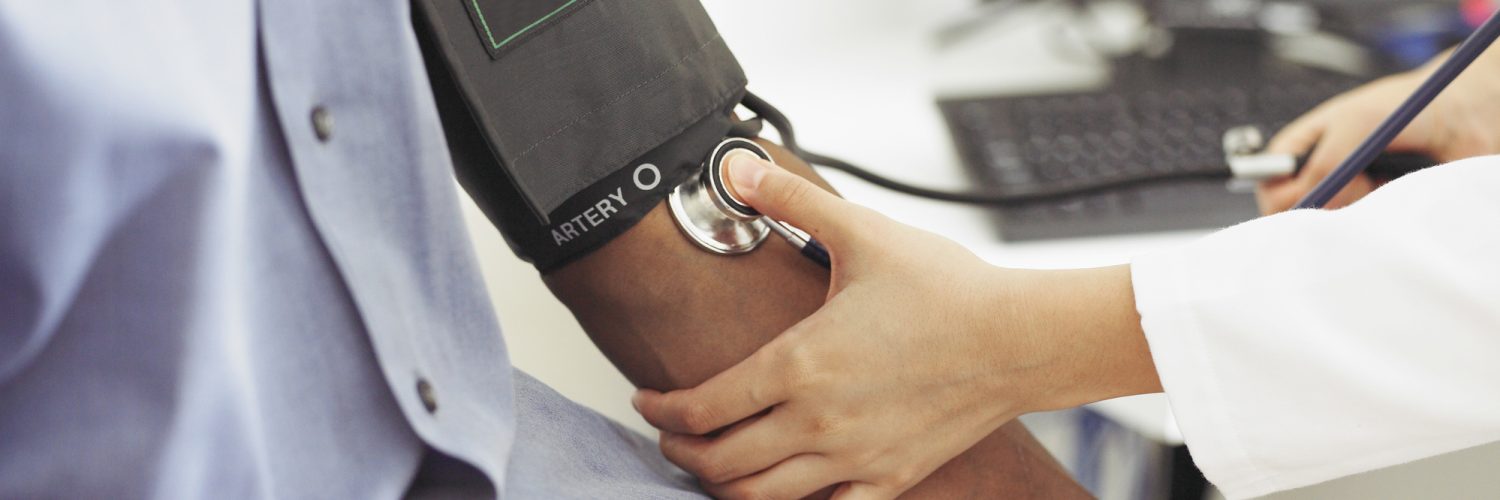If you missed your yearly blood pressure screening due to pandemic-related reasons, you may discover that your reading might have risen. A combination of weight gain, stress, alcohol consumption, and limited activity could be why. Don’t wait any longer to check your blood pressure—it’s the only way to tell if you have hypertension (high blood pressure), the main risk factor for heart disease, stroke and kidney failure. Here’s what you should know:
Get more than one reading. Several factors can affect a high blood pressure reading, including anxiety at doctor visits, plus what you eat, drink, or do beforehand. To get an accurate reading:
- Don’t eat or drink anything 30 minutes before you take your blood pressure
- Empty your bladder beforehand
- Sit comfortably for five minutes, and rest your arm with the cuff (placed on bare skin as opposed to clothing, if possible) at chest height
- Don’t talk while your blood pressure is being measured
Understand your numbers. Blood pressure is measured with two numbers. The top number (systolic pressure) measures the pressure when your heart beats. The bottom number (diastolic pressure) measures the pressure in your arteries when your heart rests between beats. A normal blood pressure is less than 120/80 mmHg (both numbers). Greater than 130/80 repeatedly is hypertension, based on the guidelines for the normal range. Learn more: https://www.heart.org/en/health-topics/high-blood-pressure/the-facts-about-high-blood-pressure/what-is-high-blood-pressure
Numbers staying high? Talk to your doctor about a plan to manage hypertension. Monitoring and healthy lifestyle measures are key. Depending on your readings and factors such as additional conditions and certain symptoms, you may need medication. Learn more: https://www.cdc.gov/bloodpressure/manage.htm



